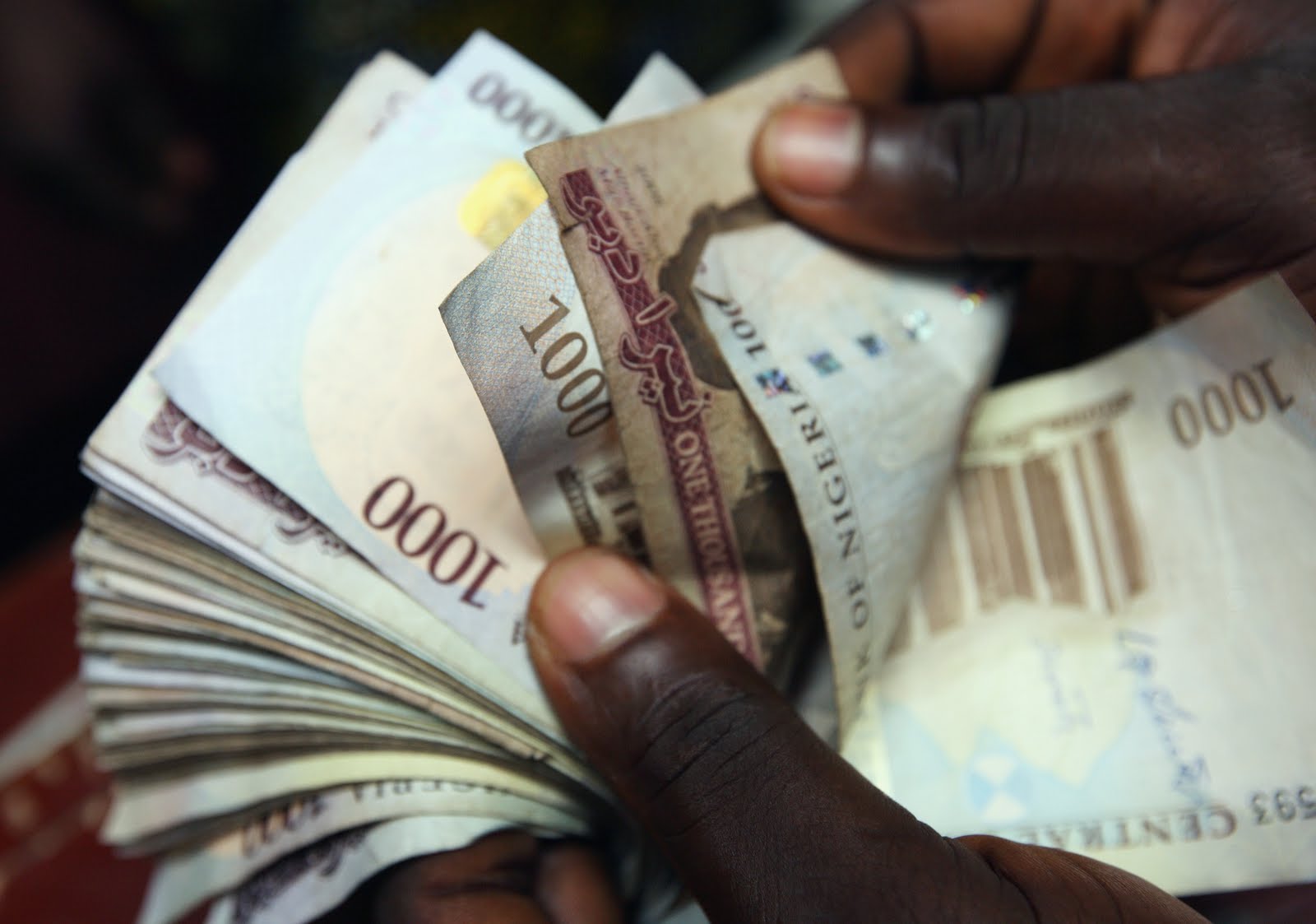LAGOS, Nigeria — Nigeria’s currency, the Naira, has plunged to the bottom of the African currency rankings, despite a string of economic reforms implemented by the government.
Currently missing from the top ten African currencies list, the Naira’s rapid devaluation raises questions about the efficacy of the country’s monetary policies.
A report on Thursday, August 31, 2023, by Clacified.com titled “Highest and Strongest Currencies in Africa” reveals that Africa is home to some of the world’s most underdeveloped and developing economies.
Despite this, several African currencies have managed to earn a respectable place in the foreign currency market.
The Naira’s omission from the list is particularly striking given Nigeria’s status as Africa’s largest economy with the highest nominal GDP.
“The United States dollar remains the global benchmark for currency valuation. Surprisingly, even smaller economies like Tunisia and Seychelles have currencies that outperform the Naira,” the report stated.
Top currencies listed in the report include the and others.
President Bola Tinubu had initiated economic reforms, including the elimination of fuel subsidies and increased investment in sectors like education, agriculture, and job creation.
Monetary reforms were also part of the agenda. Despite these measures, the Naira has taken a tumble.
“As of June 2023, the Naira was N432/$1 at the official CBN rate; it currently stands at an alarming N762.71/$1. The parallel rate is even worse at N920/$1,” says a report from the Central Bank of Nigeria.
Economic experts are split in their opinions on the Naira’s dismal performance. Kurfi Garba, Managing Director of APT Securities, told the journalists, “I don’t agree that we have the worst-performing currency on the continent.
The Naira has certainly taken a hit in the last three months, but I wouldn’t go as far as to say it’s the worst even in West Africa.”
Garba points out that a significant factor affecting the Naira is the staggering loss due to oil theft. “We’re losing nearly 800,000 barrels of crude oil per day. Previously we were exporting 2 million barrels daily; now it’s down to 1.2 million. If we could curb this theft, we would have more dollars and meet our demands.”
He also urged the government to invest in domestic production. “We have to accelerate productivity. Our reliance on imports is hurting us. We are blessed with abundant mineral resources; why can’t we develop these to earn more foreign exchange?”
The Naira’s descent has laid bare the vulnerabilities in Nigeria’s economic structure, putting President Tinubu’s reform strategies under intense scrutiny.
As the government grapples with these challenges, the Nigerian populace waits anxiously to see if the Naira will rise from its current lows.







